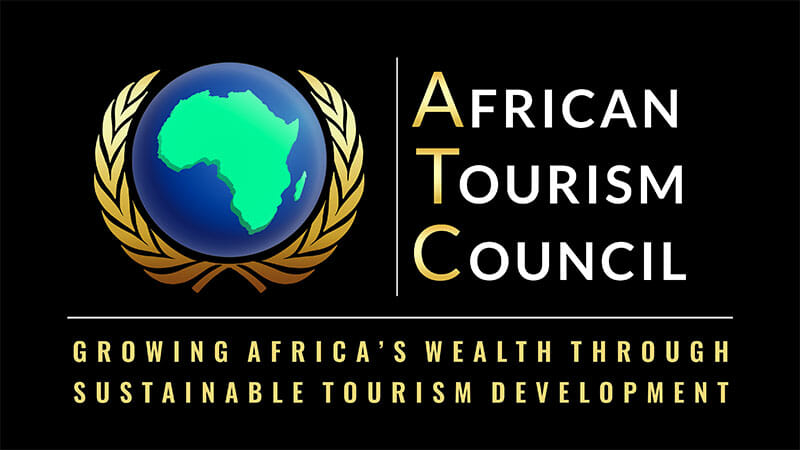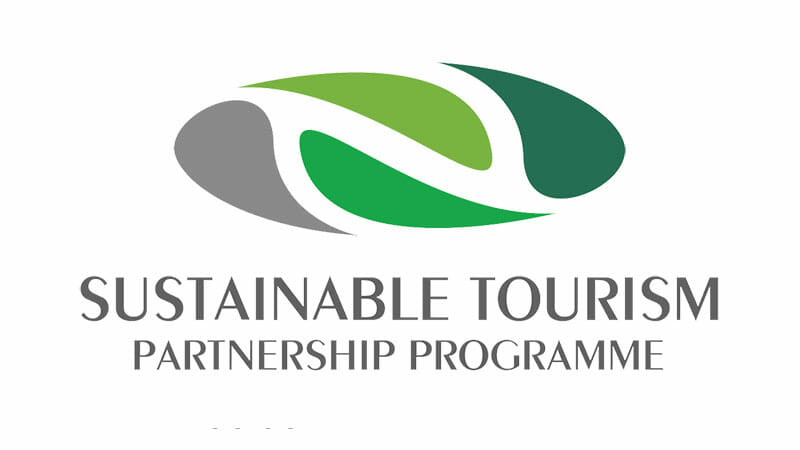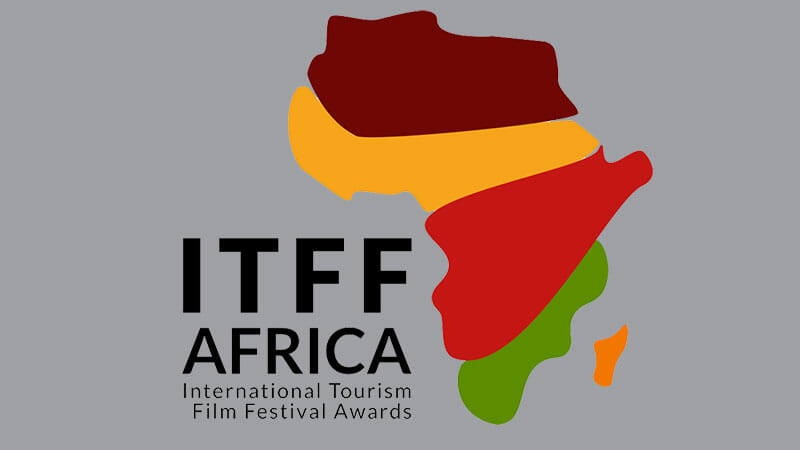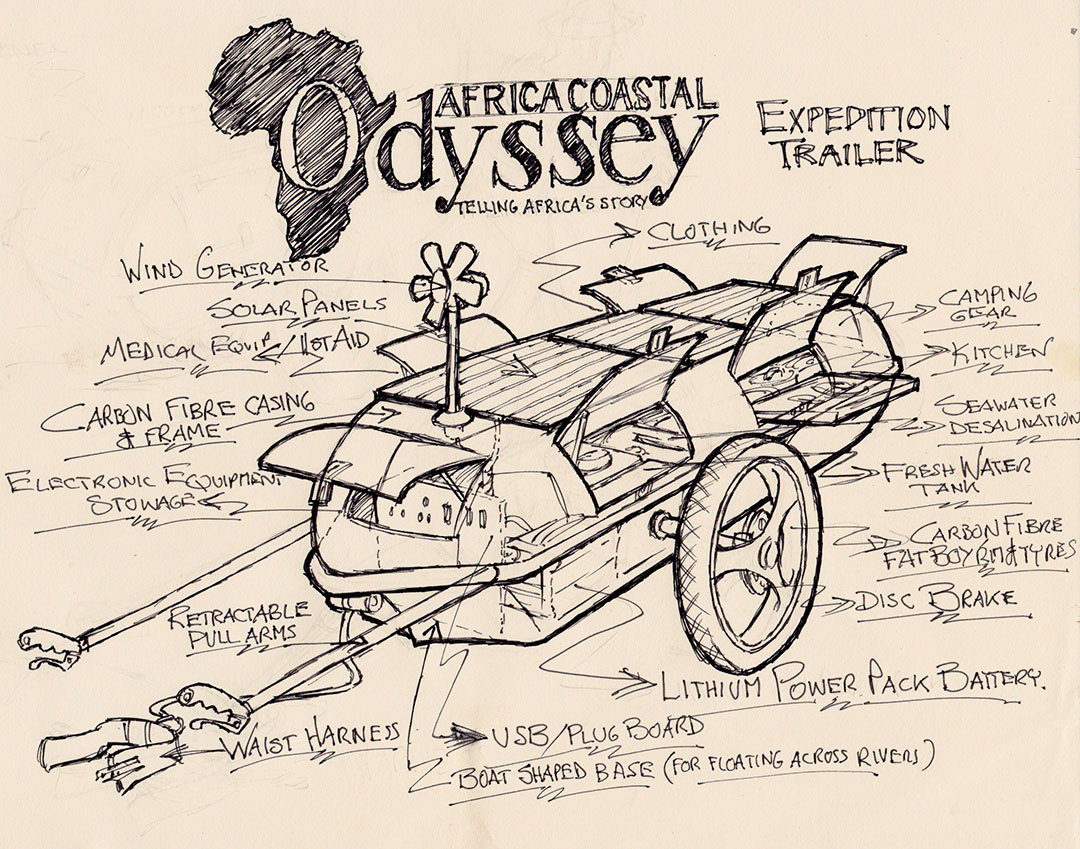About Sustainable Tourism
In partnership with the African Tourism Council (ATC) and the Sustainable Tourism Partnership Programme (STPP), the Africa Coastal Odyssey aims to foster awareness of sustainable tourism practices.
The ATC is a non-profit organization, motivated by the need to develop tourism on a commercial and sustainable basis for the benefit of all African destinations, people, and stakeholders.
The STPP programme aims to assist Small, Medium and Micro Enterprises (SMMEs) with environmental, cultural, heritage and social criteria, economic best practices, community resilience, universal accessibility and service excellence. Their approach is to drive mass scale change across the industry by working with local, regional, provincial and national public and private stakeholders to form strong collaborative partnerships. The STPP’s programmes are aimed at delivering mind-set changes, training, education, up-skilling, market data and specialised projects and programmes that provide solutions that assist the smaller tourism sector to overcome barriers to sustainable growth and development.
About the Africa Coastal Odyssey
Led by seasoned media professionals, including W4A’s founder, Desmond Langkilde – an experienced South African travel writer and online content producer – the Africa Coastal Odyssey expedition will explore unique African stories, as told by local journalism students, on the topics of sustainable tourism and environmental impact while walking the coastlines of the continent.
The expedition aims to utilize cutting-edge storytelling technology, including 360-degree VR/AR cameras for the Metaverse. Expert media production partners will edit student material before publishing their content in media partner channels across the globe.
The expedition will launch from Cape Agulhas in the Western Cape province of South Africa and proceed in a clockwise direction towards Namibia and cover all 40 coastal countries over a period of five to ten years to end back at the southern tip of Africa.
Each year, the expedition will pause in the particular country for a few months to produce the next edition of a narrative non-fiction book series recounting that years’ experience.
SOUTH AFRICA ODDYSSEY NAMIBIA ODDYSSEYAbout the Odyssey Journalism
Journalism, film and visual communications students enrolled at partner universities and education institutions in each of the 40 host countries will be fully hosted to gain practical storytelling/reporting skills and experience.
While walking the coastline, they will interview rural communities, tourism service providers, conservation NGOs, and marine-related academics to report on sustainable tourism stories.
Typical story angles will include:
- Showcasing the natural beauty, cultural diversity, art, and hospitality provided along Africa’s coastline.
- Examining the complex relationships that tourism service providers and coastal communities have with the natural environment.
- Impacts of climate change, environmental degradation, plastic pollution, and marine resource extraction on local communities.
- Ecosystem restoration projects and their current impact.
- Local heroes and how they are helping to protect the natural world.










